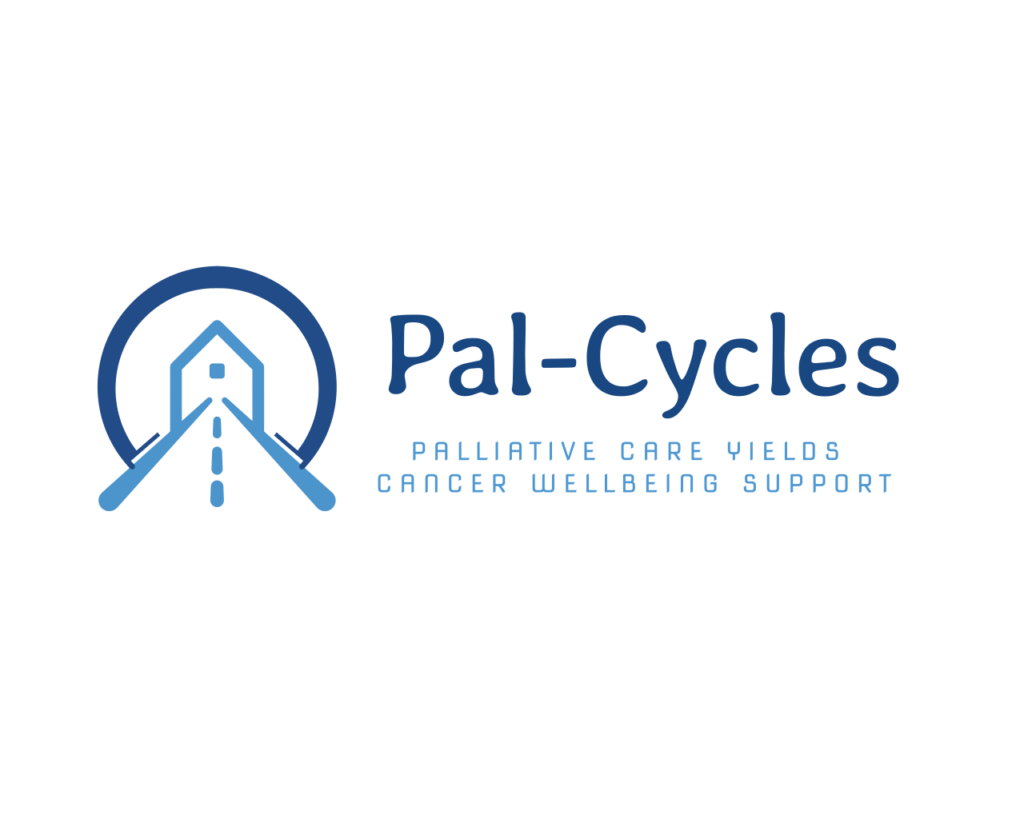Train-the-Trainer Program: Objectives and Participant Overview
The PAL-CYCLES project hosted a comprehensive Train-the-Trainer (ToT) program from December 4-6, 2023, in Bucharest, Romania. The main objective of this program was to prepare future trainers from seven countries—the United Kingdom, Romania, Hungary, the Netherlands, Poland, Germany, and Portugal—to implement transitional palliative care programs in their respective clinical sites. Additionally, the ToT program aimed to refine and adapt training materials, making them relevant and accessible to clinical staff working with cancer patients in both hospital and community settings.
Participants in the ToT program included 1-3 representatives from each consortium partner country, all of whom possessed expertise in delivering palliative care to cancer patients and experience in education. In total, 14 participants attended the face-to-face training sessions in Bucharest, while two participants from Spain joined the program online. This diverse group brought a wealth of knowledge and experience to the program, creating a rich and dynamic learning environment.
Training Structure and Methodology
The training program was carefully structured to align with the transitional education program, comprising five modules. Each module included one or more teaching units, resulting in a total of 12 teaching units. Each unit consisted of a one-hour instructional session followed by 30 minutes of discussion and feedback. These sessions provided participants with the opportunity to explore various teaching methods, share insights, and discuss the feasibility of implementing these methods in their respective countries.
A significant aspect of the training involved feedback sessions, which highlighted the diversity of palliative care training experiences among the participants. This diversity underscored the need for a tailored approach to training that considers the unique needs and challenges of each country. To address this, the trainers agreed on a self-assessment pretest for clinicians and trainers, which would help them adapt the initial training to the specific needs of each clinical site.
Post-Training Implementation and Evaluation
Following the initial training, all five modules and 12 training sessions will be made available to clinicians throughout the intervention phase of the research. The consortium agreed on two compulsory sessions—”Identifying Patients with Palliative Care Needs” and “Discussing Goals of Care.” However, each country has the flexibility to decide how many additional sessions to incorporate based on their specific needs and contexts. This approach allows for a customized training experience that is responsive to the unique healthcare landscapes of each participating country.
Reflections and Conclusions
The Train-the-Trainer program received high praise for its effective organization, well-prepared sessions, and expert instructors. Participants found the group work process both challenging and rewarding, with the formation of country teams proving invaluable for discussing the application of sessions and overcoming potential challenges. These teams fostered a collaborative environment, enabling participants to share experiences, best practices, and innovative solutions for common challenges in palliative care.
The PAL-CYCLES project demonstrates a strong commitment to advancing palliative care through education, collaboration, and innovation. By equipping healthcare professionals with the necessary knowledge and skills, the project is significantly improving the quality of life for patients with advanced cancer.
References
Gott, Merryn et al. “Transitions to palliative care in acute hospitals in England: qualitative study.” BMJ (Clinical research ed.) vol. 342 d1773. 29 Mar. 2011, doi:10.1136/bmj.d1773.
Coleman, Eric A et al. “Improving the quality of transitional care for persons with complex care needs.” Journal of the American Geriatrics Society vol. 51,4 (2003): 556-7. doi:10.1046/j.1532-5415.2003.51186.x.
—
This blog post aims to provide a comprehensive overview of the PAL-CYCLES training program, its objectives, and its significance in the field of palliative care. See the original article here and visit our website for more information. This blog was developed with chatgpt.com.





